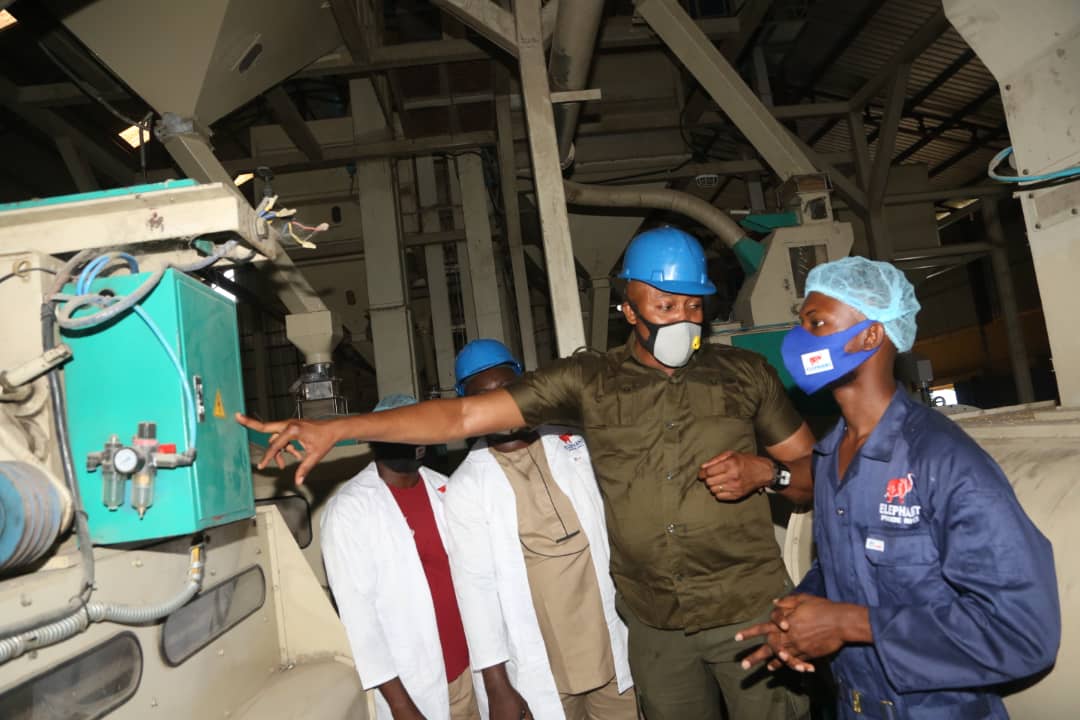The Niger Delta Development Commission (NDDC) has given a boost to agriculture in the Niger Delta region by reviving its six tonnes per hour rice mill at Elele-Alimini, in Emohua Local Government Area of Rivers State.
Speaking after inspecting the multi-million-naira mill, the NDDC Acting Managing Director, Professor Kemebradikumo Pondei, said that the facility, which it leased to a private firm, Elephant Group, would create more job opportunities for youths in the Niger Delta region.
The NDDC Chief Executive Officer, who was represented by the Commission’s Director of Agriculture and Fisheries, Mr Doodei Week, said the facility would also provide employment opportunities for youths in the region and create more opportunities for farmers to reap from their produce.









